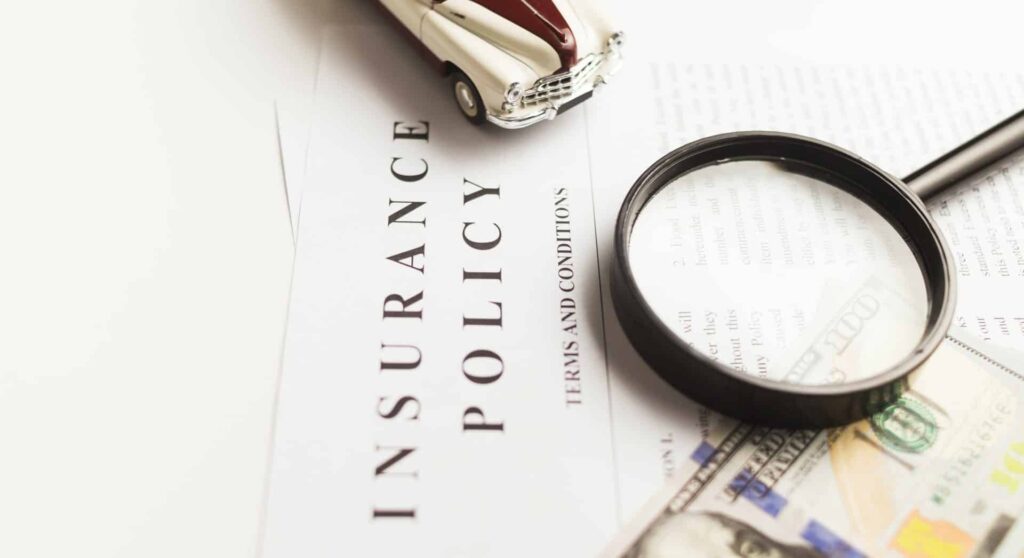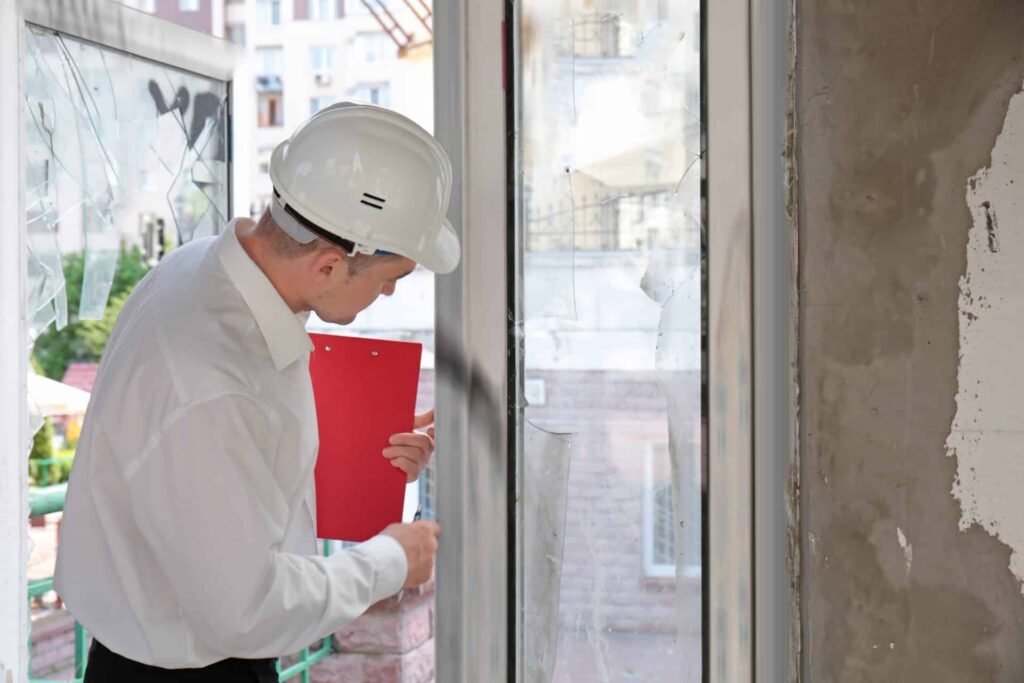Storm damage is not uncommon in Texas. A winter storm in 2021 was responsible for billions of dollars in damages and for power outages across the state. Hurricane Harvey’s catastrophic flooding in 2017 caused over $125 billion in damages.
A property insurance company may not be the only party that is difficult to deal with after your property is damaged by severe weather. Natural disasters and catastrophic weather create abundant opportunities for con artists to exploit homeowners and others who may be vulnerable.
What are the most common scams that emerge after a major storm? How can you spot a con artist – and avoid being conned? When should you seek the advice of a Texas storm damage attorney? If you’ll keep reading, you will find the answers you may need.
What Should Texas Homeowners Know About Weather-Related Scams?
Con artists use mail, emails, phones, texting, and they may even go door-to-door to exploit those who live in the affected areas after flooding, hurricanes, and other catastrophic storms. Phony contractors, for example, may offer you home repair deals that are too good to be true. They may ask you to sign a contract with them where you are assigning any money you receive from the insurance company to them. DON’T SIGN ANYTHING WITH A CONTRACTOR. They may offer to pay your deductible. This is illegal in Texas.
Anyone who claims to be a government official and asks you for money is an imposter. To disguise their identities or make calls look “official,” con artists can “hijack” telephone numbers and send false information to your caller ID display.

If someone calls you about a property insurance policy or claim, do not give out personal details until you can verify that the caller is legitimate. If a caller claims to be from your insurance company, end the call and contact your agent or insurance company directly.
Price Gouging
When a weather emergency happens, some businesses may substantially increase their prices for essential services and goods like water, lumber, gas, and groceries. Charging excessively for these necessities after the Texas governor declares an emergency may constitute price gouging.
Price gouging violates the Texas Deceptive Trade Practices Act, and the Texas Attorney General has the authority to prosecute businesses that engage in price gouging after the governor declares an emergency.
Disaster Relief Scams
After a catastrophic weather event, many Texans want to help out by giving to charities that assist storm victims. That’s when con artists take advantage of generosity and kind hearts. Do not let yourself be exploited. Make sure that your donation goes to a legitimate charity.
It is probably best to donate exclusively to charitable organizations that you already know. Most reputable charities do not solicit through telephone calls or door-to-door visits. Ignore unsolicited emails and never open them or click on their links.
Home Repair Scams
Home repair scams inevitably flourish in the aftermath of violent storms and other weather disasters. Be vigilant if a salesperson knocks on your door uninvited. Not all door-to-door contractors are con artists, but many con artists work door-to-door.
Take your time choosing the person who will work on your home, and act like a detective. Choose a contractor who has an established physical address, and if you do not already know the contractor, verify that the contractor is actually located at that address.

Ask for bids from several verified and legitimate contractors for any work that needs to be done on your property. Be as specific as possible about what will be required. Ask the contractors for itemized estimates, and get those estimates in writing.
While it’s essential to verify and confirm a contractor’s legitimacy, don’t underestimate your own intuition. Before you sign any contract, if you are uncomfortable with a contractor for any reason, find another one.
Debris Removal and Vehicle Scams
After catastrophic weather, you may also be approached about cleaning up your property or removing storm debris. Always seek references, verify licenses, and beware of the “low-ball” bidder whose estimate is considerably lower than the other estimates you receive.
If you’re buying a used car or truck, you may learn if the vehicle has ever been flood-damaged by going to the Title Check page at the Texas Department of Motor Vehicles website and reading the title history report. These tips may also help you detect water damage in a vehicle:
- Look at the engine compartment for signs of water and grit from submersion.
- Look under the floorboard carpets for rust, stain marks, and water residue.
- Check the door panels and interior upholstery for signs of fading.
- Look under the dashboard for dried mud and grit.
- Check the electrical system and wiring for rust, corrosion, and water residue.
What Should You Know About Property Damage Claims?
Your homeowners policy probably requires you to act quickly after severe weather has damaged your property. Take photos of the damage, file your claim right away, and maintain a written record of your discussions with insurance company representatives.

But before you submit a weather-related property damage claim, consult a Texas storm damage lawyer. Particularly after an insurance company is bombarded with claims arising from severe weather, the company may delay, dispute, or deny property damage claims.
In these situations, property owners may anticipate that their claims will be met with “lowball” offers. But if an insurance company knows a Texas storm damage attorney is working for you, the company may pay your claim quickly and completely rather than enter into a legal dispute.
When Should You Contact a Storm Damage Attorney?
Storm preparation in Texas entails more than stocking up on supplies and securing your doors and windows. You also need to be prepared for the scam artists who may approach you and for the property insurance difficulties that may arise.
If you’ve been exploited by a contractor or a home repair con artist, a storm damage attorney can advise you regarding your legal options. If you believe that you’ve been defrauded, in some cases, your attorney may recommend involving a law enforcement agency.
If you submit a weather-related property damage claim to your insurance company, and that claim is delayed, disputed, or denied, consult a storm damage lawyer at once. Having a lawyer help you prepare and file your claim – from the beginning – is perhaps the smartest plan.
In Texas, after a tornado, a hurricane, or any disastrous weather event, if your property was damaged, schedule a consultation with a Texas storm damage lawyer who can help you file a property damage claim or fight the insurance company for your insurance benefits if your claim qualifies after a denial or underpayment.
Stormlex Law Group can be reached at 877-890-6372 or info@stormlex.com
















